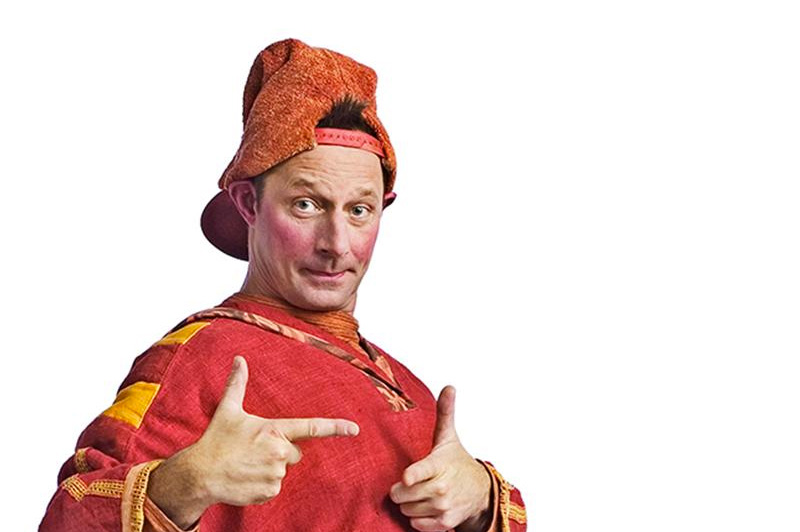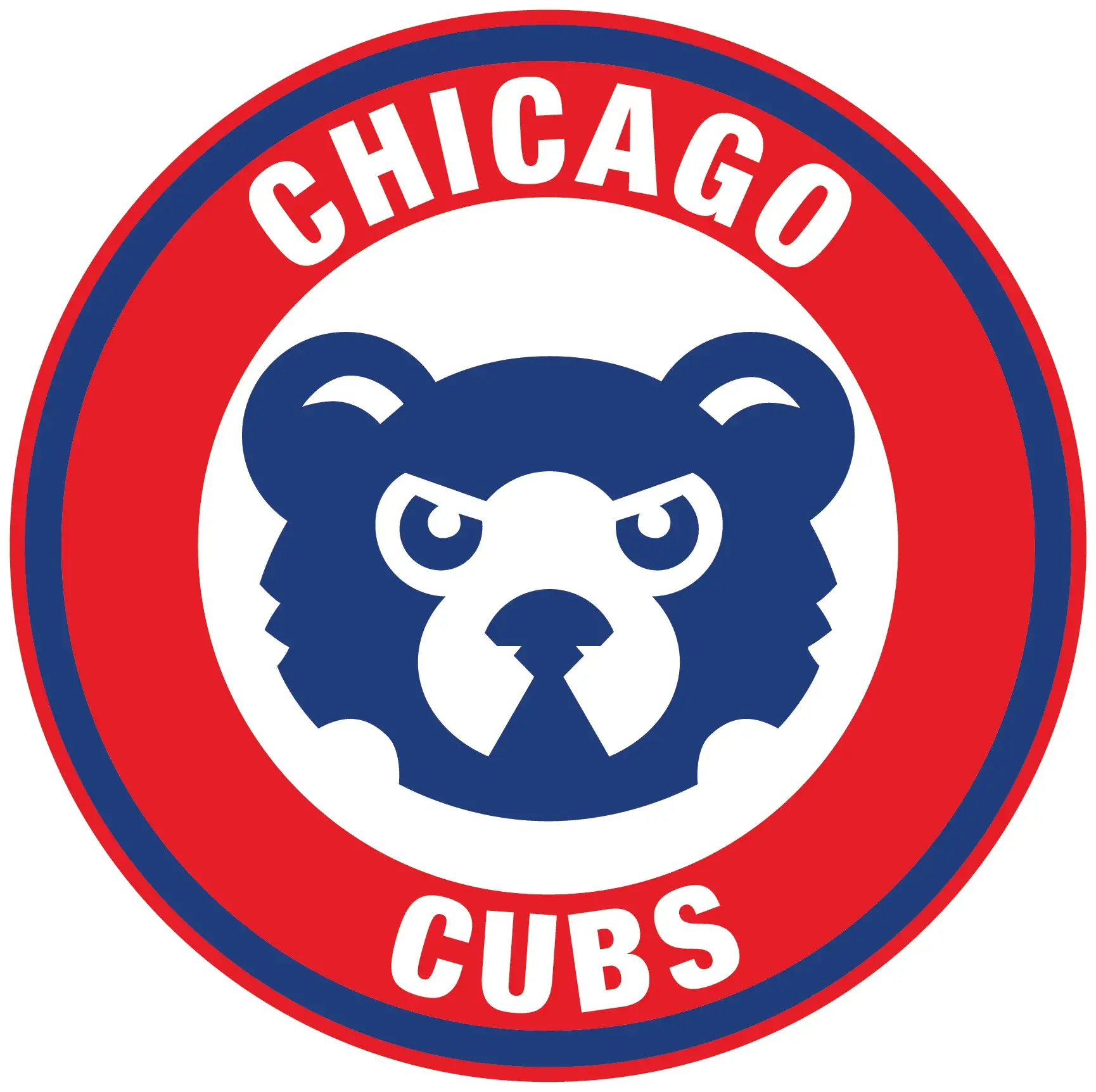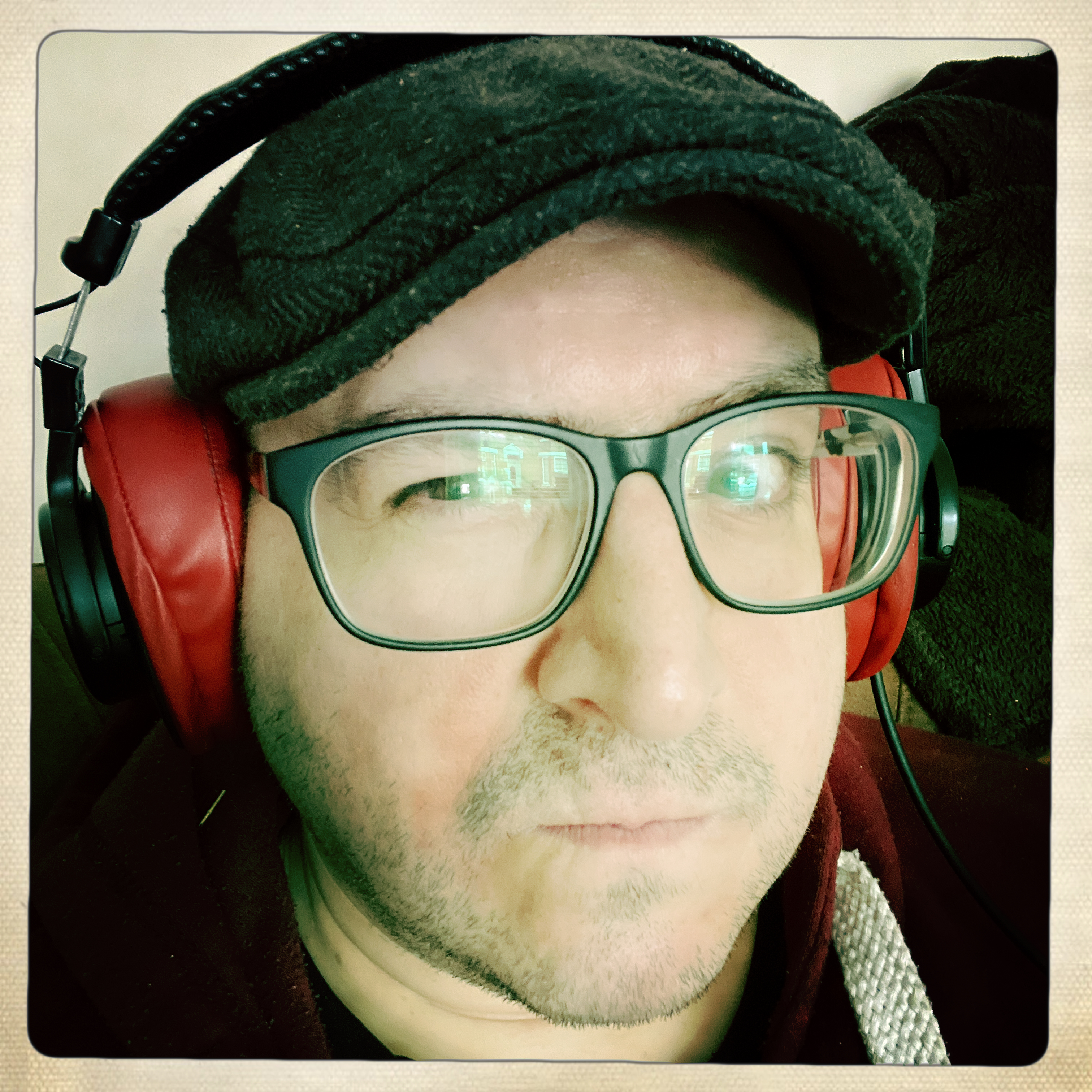The Hitchhikers Guide to the Galaxy
I was considering suicide as a young person. I had never read a book before. I read it in one sitting, only breaking to get some food and bathroom. It’s a great story but it changed me and gave me something special. Confidence.
The ships hung in the sky in much the same way that bricks don’t.
Not again.
So long, and thanks for all the fish.
It’s the perfect balance between whimsy, deep themes, emotion and writing techniques.
For me it was the book Demon-Haunted World by Carl Sagan. It played a great part in the development of my beliefs. The most memorable part was where he was talking about the spirituality of science in the chapter “Science and Hope”:
In its encounter with Nature, science invariably elicits a sense of reverence and awe. The very act of understanding is a celebration of joining, merging, even if on a very modest scale, with the magnificence of the Cosmos. And the cumulative worldwide build-up of knowledge over time converts science into something only a little short of a trans-national, trans-generational meta-mind.
…
Science is not only compatible with spirituality; it is a profound source of spirituality. When we recognize our place in an immensity of light years and in the passage of ages, when we grasp the intricacy, beauty and subtlety of life, then that soaring feeling, that sense of elation and humility combined, is surely spiritual. So are our emotions in the presence of great art or music or literature, or of acts of exemplary selfless courage such as those of Mohandas Gandhi or Martin Luther King Jr. The notion that science and spirituality are somehow mutually exclusive does a disservice to both.
The Lord of the Rings. It has become such a big part of my cultural self. I love everything about it, but especially the fact that there is an entire universe Tolkien created, mainly because of his love for languages. That kind of passion is absolutely amazing and it kind of taught me that it’s good to be passionate about something. It also taught me that some thing “nerdy” is actually very widely accepted to be one of the greatest works ever written (and one of the greatest films), and in turn it led me to accept that you shouldn’t be ashamed of the thing you like, even if they are nerdy/geeky/dumb or stupid in other people’s opinion. It also got me super interested into world building, which I’m expressing currently in building a boardgame.
Favourite part is hard, but the Ride of the Rohirrim gives me goosebumps everytime someone even mentiones it.
Two things about getting into LoTR, especially as a younger person, that easily go undervalues:
- It is basically a gateway drug to history. The world building goes beyond just “a world”, it’s a history. In fact I’d argue that Tolkien wasn’t aiming at “world building”, except for the minimal amount … but rather “history”, “culture” and “geography” building, which is why his “world” feels so real. As a young person, you’ll basically become a history nerd without realising it.
- It demonstrates very well some powerful ideas about what heroes actually look like. Neither Gandalf nor Legolas nor Aragorn are the heroes of that story. Not even Frodo, as he fails at the end despite his many virtues within the context of the story. It’s Sam and Hobbits in general … the little people with big selfless hearts who made the difference in the battle between good and evil. Eowyn is obviously a relatively feminist figure against the patriarchal backdrop of the world, but without knowing Tolkein’s intent with that character, it’s a pretty natural character arc when you’re already doing the whole Hobbits thing.
Someone should explain point one to the fake nerds over at WOTC!
The dungeon is an abandoned mine. Fine.
What mineral did they mine here? 🤷♀️
Who mined it? 🤷♀️
What was it used for? 🤷♀️
Where was it smelled and processed? 🤷♀️
How was it transported there? 🤷♀️
The whole economy is just a big fake window dressing prop.
What’s WOTC?
Wizards of the coast, the publisher of D&D.
Plato’s Republic.
I got really interested by its description in Bertrand Russell’s History of Western Philosophy. After reading the book, I realized how arbitrary the setup of current society is. Then I followed it up with More’s Utopia and Marx’ Das Kapital. A true Big Bang for my political views.
“Every now and then a man’s mind is stretched by a new idea or sensation, and never shrinks back to its former dimensions.” ― Oliver Wendell Holmes Sr., Autocrat of the Breakfast Table
I’ve read Utopia & Das Kapital, but admittedly at the time they were for school projects and I was young. Too young to pay attention to the real, major themes.
I love to learn about all of those things, I just don’t feel I’m equipped to do it solo & fully grasp the concepts being laid out. Like I almost need someone to tell me what I need to be looking for and why it’s important in each chapter. I love to read, and I do it a lot (fiction & nonfiction), but classics like that…it’s so weird, like I am incapable of understanding it in an intuitive manner, like other books. It’s almost embarrassing to admit.
I find it all fascinating & enjoy learning about it, but I don’t do so well when I go to the source…if that makes sense.
Do give Russell’s History of Western Philosophy a try. It places those books into a much needed context. When I first picked up that book, it was out of a hope to learn more about philosophy, but after finishing it, I only had those three books on my ‘definitely must read’ list. I know there’s a companion book to Das Kapital written by David Harvey, but he’s not the easiest to read either. And Marx, omfg, that mofo has a way of dancing around things for pages on end through the most labyrinthine sentences, so I can definitely commiserate! It took me months to get through the whole thing. Luckily I was in the middle of a move, without TV or computer, so that helped a lot :)
Thank you for the detailed response! That clarifies things a lot. I will give it a try!
When he opened his eyes, he was on the bottom of the pool, and there was beautiful music everywhere. He lost consciousness, but the music went on. He dimly sensed that somebody was rescuing him. Billy resented that.
Slaughterhouse-five
I read this a few years after I was in a near drowning accident, it was very surreal to read and has stayed with me since.
Das Kapital and the explanation of what money is.
I’m a full grown adult, but I still think about the book, The Giver by Lois Lowry frequently.
I remember reading it in middle school and seeing how sad the monotony of the restricted world was. How cruel people could be acting on orders and/or without their hearts. How educating yourself with different experiences opens your eyes. Among other great undertones and lessons.
I hope to introduce all of my nieces and nephews to it in the future.
weirdly, Diary of a Wimpy Kid.
It made me take up reading books as a hobby which I voraciously enjoy doing now.
My Side of the Mountain. Kid gets tired of family problems, runs away to live in the Catskills off the land on an old family farm. Befriends a librarian who lends him books on survival. He makes his own clothes from deer skin, catches his own fish with homemade hooks, lives in a hollowed-out tree, that sort of thing.
I am currently a bushwhacking bookworm. I suspect it was all that book.
Starfarers by Vonda MacIntyre
The treatment of same sex partners in the story was just mater of fact, these are love affairs same as any other. She made it feel just like a natural thing, and progressive for the time it was written. I read it when I was still in high school in 1992.
It taught me to be acceptance of everyone, and eventually myself.
I’m probably going to get boo’ed but fuck it.
A little build up first, I’ve always been a reader, started with elementary and Dr.Seuss and the like, then paperbacks that were horror like Stephen King, Brian Lumley, Clive Barker, etc, because that’s what my mother loved to read so I’d barrow all her books after she’d read them, going to school was also assigned reading stuff like The Diary of Ann Frank, Of Mice and Men, Animal Farm, then I got older, moved out of the house and got married and then started buying paperbacks of my own on ScFi and Fantasy, also discovered Clive Cussler with his the Dirk Pitt novels, then probably around ‘96-‘97 I discovered Terry Pratchett and his Discworld.
So, with all of that, one day I found myself all alone, stuck in the house because of flooding and it was one of the worst floods to date, so bad, that it washed out this massive oak, by its dive it had to have been at least 100 years old, which knocked down the power line to our home, so I’m not only stuck but without electricity (too poor, at that time, to buy a gas power generator), and without any good books to read, most books I’d give away to other family members poorer than me, so the only books I kept were an old set of encyclopedias from the late ‘70’s ( my parents got them for me when I was kid, so it was sentimental to me) and some cook books. And then one old bible.
Well, my family never took us to church, though both parents were raised that way. My parents also never had anything bad to say about organized religion, my mother though always had a deep curiosity for all religions, so that bible, got thrown in a box, with a lot of her old paperback horror books she’d collect up and then wait for me to come visit and then give to me to take home.
And trust me; I had already been alone in the flood for a week (and BTW: I was stuck & without power for three and a half weeks that way), I even tried reading that old set of Britannica encyclopedias, but they were so old that the dust mites were now destroying my sinuses , so I moved on to that bible ( it was old but no where near as old as the encyclopedias), because at this point why not!?
So, now, to end this long-ass story: I read Revelations and it worried & also scared the crap out of me, none of the horror books I’d read before bothered me like that, and the biggest take-a-way I got from it all: People who aren’t religious feel religions are a bunch of woo, and I’m not judging anyone, but Revelations, if you look at it, but not in a religious way, just as an impartial observer, it’s stating an apocalypse, an apocalyptic event, it’s even describing Climate Collapse. “Locusts with heads like horses and stingers in their tails, And a third of the stars fell from the heavens, And a third of the oceans ran red with blood (red tide), and just more catastrophic doom and gloom.
I think for me it’s Terry Pratchett’s ‘The Colour of Magic’. Not because of that book in particular, but because of it being a gateway to the Discworld as a whole.
As much as I enjoy those books, and have read almost all of them at this point, it’s more that they taught me how to be a thoughtful, empathetic person when I was a thoughtless, selfish teenager. Almost on the sly, Terry instilled values in me simply by virtue of the heroes of his stories being mostly good people who just want to have a positive impact, even if they’re flawed in different ways.
Like, Sam Vimes is undoubtedly a hero. Night Watch shows us that he strongly believes in the power of good, and that people can - and should - band together to limit the tyranny of power. But he’s also distrusting and curmudgeonly. Nanny Ogg is foul-mouthed bon viveur who places a lot of emphasis on living her best life, but she always puts her family and friends before her if she needs to. Even the Nac Mac Feegle work together for the greater good, even if, in their case, that means being able to get more drunk and fight more violently.
GNU Terry Pratchett
1984- one hell of a way to start caring about politics
Hyperion, first of all it’s just great and should be right up there with other classics. Second, in this age of AI I keep thinking back to Hyperion.
Infinite Jest, especially the sections surrounding the boarding house. Its strange mix of exaggerated reality and absurdness really made me question and rebuild a lot of my ways of thinking.








